Regulations on rewards and discipline of students
The Ministry of Education and Training issued Circular 19/2025/TT-BGDDT regulating rewards and discipline for students, effective from October 31, 2025.
Circular No. 19 stipulates 5 forms of commendation; removes specific titles and honorary boards from the official list of forms; simplifies formal procedures, focuses on implementing the principles of commendation and regulations in the Law on Emulation and Commendation.
"Letter of commendation" is a new form of commendation mentioned in Circular No. 19; it is given to students who have improved their learning and training results, surpassed themselves or have outstanding achievements. This form can be given by teachers, principals or higher management levels depending on the nature and level of achievement.
There may be other appropriate forms of commendation and reward carried out by agencies, organizations and individuals to provide timely encouragement.
Regarding disciplinary principles, Circular No. 19 adds principles such as respect, tolerance, no prejudice, ensuring the rights and interests of students; strictly prohibiting the use of disciplinary measures that are violent, insulting to dignity, and affecting the physical and mental health of students.
Prohibited acts under the Law on Education are supplemented in the Circular and given specific levels of violation classification: Level 1 (harm to oneself), Level 2 (negative impact within the group, class), Level 3 (negative impact within the school).
Regarding the system of disciplinary forms, the Circular divides disciplinary forms according to school levels. Accordingly, for primary school students, there are only 2 measures: Warning (applied to level 1) and Request for apology (applied when re-offending level 1 after warning or level 2 or higher).
For students outside of primary school, there are only 3 measures: Warning (applied to level 1), Criticism (applied when re-offending level 1 after warning or level 2), Requiring to write a self-criticism (applied when re-offending level 1/2 after previous measures, or level 3).
Severe forms of discipline such as: Reprimand before the Disciplinary Council, warning in front of the whole school, expulsion for one week, expulsion for one year according to old regulations have been eliminated; new measures requiring an apology and requiring a self-criticism have been added.
Circular No. 19 does not stipulate the recording of disciplinary measures against students in their records and transcripts. It only stipulates that the student's self-criticism is kept in the school's records.
Some of the main support activities are regulated, such as advising, motivating, monitoring, counseling, requesting appropriate activities, and coordinating with families. The old regulations only mentioned in general the principle of having a monitoring plan and helping with correction.
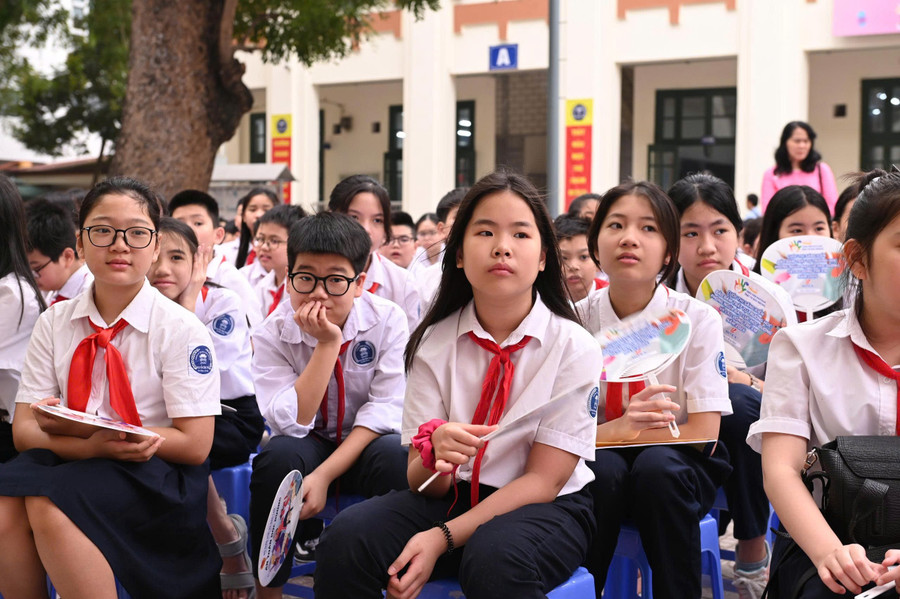
Guidelines for school counseling and social work in schools
The Ministry of Education and Training issued Circular 18/2025/TT-BGDDT providing guidance on school counseling and social work in schools, effective from October 31, 2025.
The Circular specifies the content of school counseling and social work in schools, including many important areas closely linked to the practical needs of learners.
Including consulting and support on learning issues (determining goals, building study plans; time management, choosing learning methods, etc.); on gender, social relationships (age psychology, gender, gender equality, reproductive health; friendship, love, marriage, family relationships, etc.); on psychology (prevention, screening, early detection; counseling, psychological consultation for learners with psychological difficulties); on life skills (cognitive skills, mastery, self-protection; skills to master emotional intelligence; interaction skills, social integration, etc.); on career guidance, employment, entrepreneurship; on policies, laws; on social work services for learners.
In terms of form, the Circular stipulates that school counseling and social work in schools can be carried out directly or online.
Educational institutions are responsible for establishing a system for receiving and exchanging information; coordinating with families, society, and relevant agencies to promptly receive information about situations and risks of learning difficulties, psychology, social relationships, or other difficulties of learners.
In addition, educational institutions can also organize communication activities and prevention programs; provide information on policies and laws; provide guidance on the use of school counseling and social work services; and organize activities to support the development of learners.
The Circular clearly defines responsibilities between levels, ensuring the synchronous participation of the political system and educational institutions.
The People's Committees at the provincial and communal levels are responsible for directing, arranging, allocating personnel, funding, and facilities, and at the same time developing a coordination mechanism and organizing inspection and supervision of the implementation of school counseling and social work in schools according to regulations.
The Department of Education and Training advises on the development and implementation of policies for school counselors and social workers in schools; develops coordination mechanisms; organizes training and capacity building for staff and inspects and evaluates implementation at educational institutions under its management.
For educational institutions, the head must be directly responsible for establishing a consulting team or department, arranging a consulting room, assigning full-time or part-time staff, developing an annual consulting work plan, and mobilizing legal resources for implementation. The head of the school is responsible for directing coordination between departments within the school, between the school and families and society, and at the same time creating conditions for staff and teachers to be trained and professionally developed...
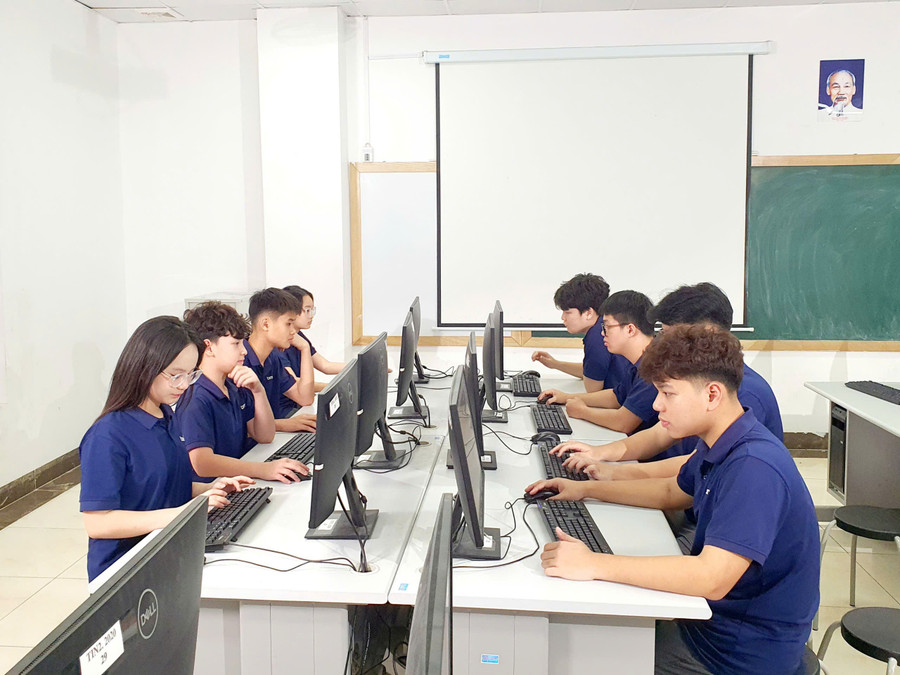
Regulations on joint organization of foreign language proficiency certification exams
The Ministry of Education and Training issued Circular 16/2025/TT-BGDDT regulating the joint organization of foreign language proficiency certification exams, effective from October 12, 2025.
Circular No. 16/2025/TT-BGDDT has some new points as follows:
Firstly, concretize the policy of promoting decentralization and delegation, creating initiative for local authorities.
Decree No. 143/2025/ND-CP dated June 12, 2025 of the Government stipulating the decentralization and delegation of powers in the field of state management of the Ministry of Education and Training assigns the Chairman of the Provincial People's Committee the authority to approve joint organization of foreign language proficiency exams.
Circular No. 16/2025/TT-BGDDT emphasizes the requirement for the People's Committees of provinces and cities to manage the activities of organizing foreign language proficiency certification exams in the locality according to the Government's regulations; publicly announce and update on the electronic information page the list of approved units, adjusted, extended, and terminated the organization of foreign language proficiency certification exams in the locality.
Second, clearly define the subjects of association and the responsibilities of the associated parties in organizing foreign language proficiency certification exams.
In which, the Vietnamese side is the joint testing organization unit - the testing organization in Vietnam - that has an agreement or cooperation contract with a foreign language proficiency assessment facility, and is primarily responsible for organizing foreign language proficiency certification exams in Vietnam.
The foreign party is the foreign language proficiency certificate-issuing unit. The foreign language proficiency assessment facility is responsible and has the authority to issue foreign language proficiency certificates or the foreign language proficiency assessment facility is authorized or permitted by the foreign language proficiency certificate-issuing unit to organize the certificate-issuing examination.
Third, clarify the concept of legal and popular foreign language proficiency certificates in the world.
Fourth, clearly stipulate that the approval of joint organization of foreign language proficiency certificates does not include the recognition of the levels of those foreign language proficiency certificates as equivalent to the levels of the 6-level Foreign Language Proficiency Framework for use in Vietnam in the national education system.
Fifth, amend and supplement a number of other regulations to specify the responsibilities of state management agencies, strengthen the responsibilities of parties involved in joint examinations and granting foreign language proficiency certificates, and specify the responsibilities of the parties involved in the process of implementing the joint examinations, organizing examinations, and granting certificates as a basis for state management agencies to conduct post-inspection.
Source: https://giaoducthoidai.vn/chinh-sach-giao-duc-co-hieu-luc-tu-thang-10-nam-2025-post750522.html



![[Photo] General Secretary To Lam attends the 8th Congress of the Central Public Security Party Committee](https://vphoto.vietnam.vn/thumb/1200x675/vietnam/resource/IMAGE/2025/10/4/79fadf490f674dc483794f2d955f6045)
![[Photo] Solemn opening of the 8th Congress of the Central Public Security Party Committee, term 2025-2030](https://vphoto.vietnam.vn/thumb/1200x675/vietnam/resource/IMAGE/2025/10/4/f3b00fb779f44979809441a4dac5c7df)

![[Photo] Bustling Mid-Autumn Festival at the Museum of Ethnology](https://vphoto.vietnam.vn/thumb/1200x675/vietnam/resource/IMAGE/2025/10/4/da8d5927734d4ca58e3eced14bc435a3)

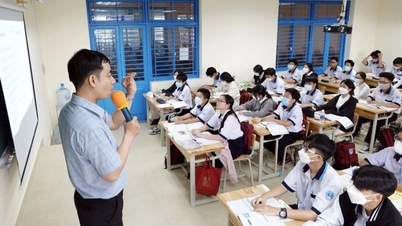



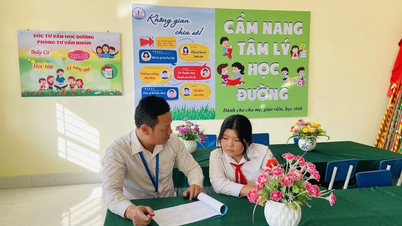
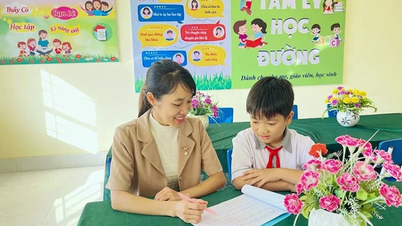
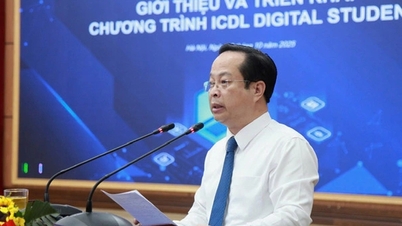



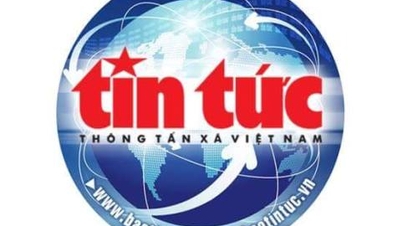

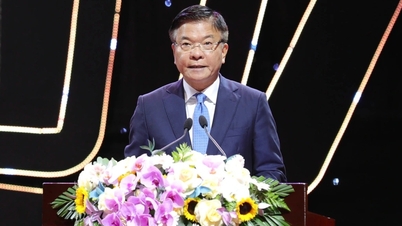
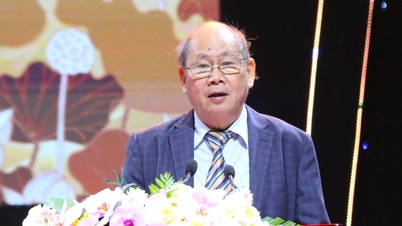

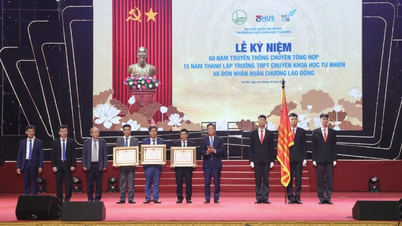






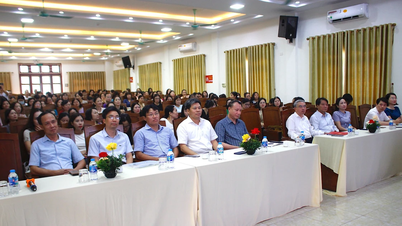
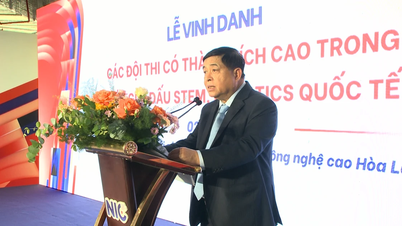

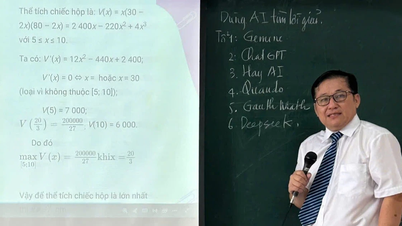
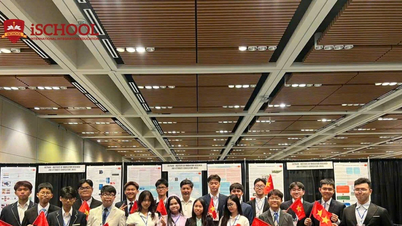


























![[VIDEO] Summary of Petrovietnam's 50th Anniversary Ceremony](https://vphoto.vietnam.vn/thumb/402x226/vietnam/resource/IMAGE/2025/10/4/abe133bdb8114793a16d4fe3e5bd0f12)
![[VIDEO] GENERAL SECRETARY TO LAM AWARDS PETROVIETNAM 8 GOLDEN WORDS: "PIONEER - EXCELLENT - SUSTAINABLE - GLOBAL"](https://vphoto.vietnam.vn/thumb/402x226/vietnam/resource/IMAGE/2025/7/23/c2fdb48863e846cfa9fb8e6ea9cf44e7)




















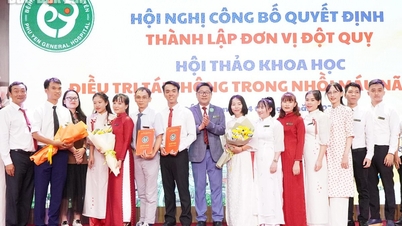



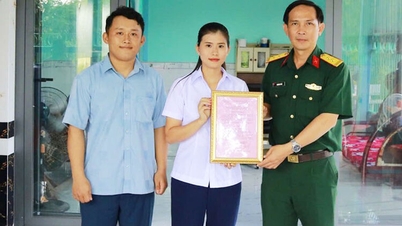






Comment (0)